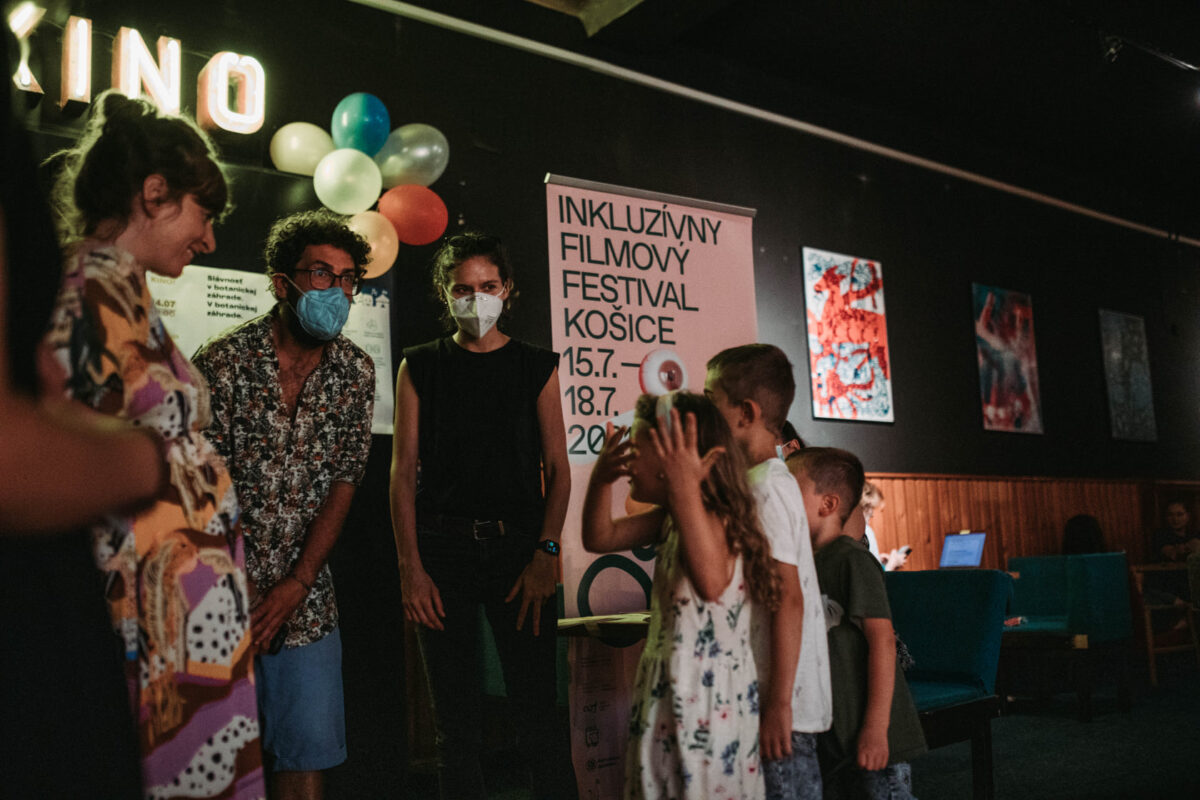
Barbora Andor Tóthová
she/herCaring policies for sustainable cultural ecosystems
Barbora Andor Tóthová graduated in International Business & Arts Management from the University of Economics in Prague. After years of living abroad, she returned to her hometown Košice and in 2016, together with a group of friends, helped to revive the abandoned cinema Usmev. It is now one of the most popular cultural venues in Košice. In the cinema she developed inclusive film programming activities, where different marginalised communities can enjoy the art of film together with regular audiences. In 2019, she started her PhD studies at the Faculty of Economics, Technical University of Košice, with a research focus on cultural and creative sectors, policy, with a special emphasis on grassroots initiatives and cultural brownfields. She speaks fluent English and Spanish.
Project
Grassroots cultural centres are an important part of the Slovak cultural ecosystem, as they are often the only providers of cultural and community programmes in their respective towns, where they compensate for the lack of state social/cultural services. They are actors of bottom-up urban regeneration, reconstructing vast wastelands, and their innovative DIY practices enable them to be resilient in times of crisis (such as COVID-19) and austerity. The results of Barbora’s research suggest that the main driving force of these organisations is the care that individuals and founders bring to their project. Their commons based, hybrid (non-profit and commercial) operations create innovation and spillovers beyond the CCIs. At the same time, however, there is often a lack of communication, recognition and support from public authorities, which creates uncertainty and threatens the long-term sustainability of these actors. As a CIRCE Fellow, Barbora brings her research findings to the attention of public administrators through a series of creative workshops. The aim is to generate discussion around participatory cultural strategy and cultural evaluation as an important factor in the rationale for public support for arts and culture. This can lead to a paradigm shift in local cultural policy-making – ‘caring cultural policy’, where innovative practices of grassroots initiatives help to transform the utilitarian approach to policy-making into a more caring, inclusive, value-based approach that helps to strengthen sustainable cultural ecosystems.

